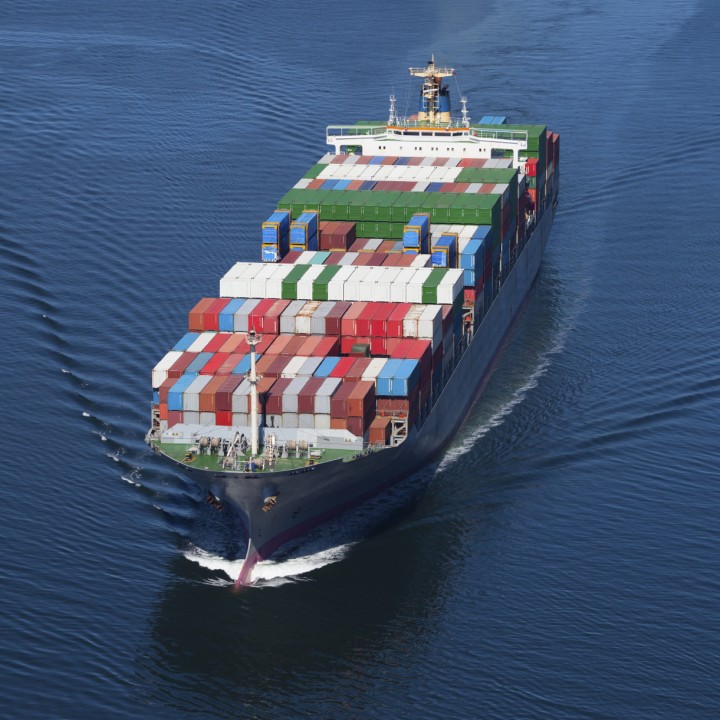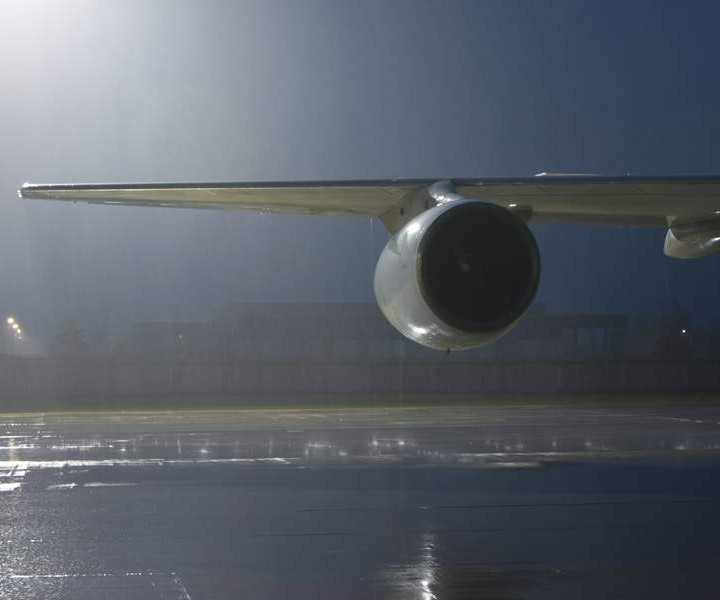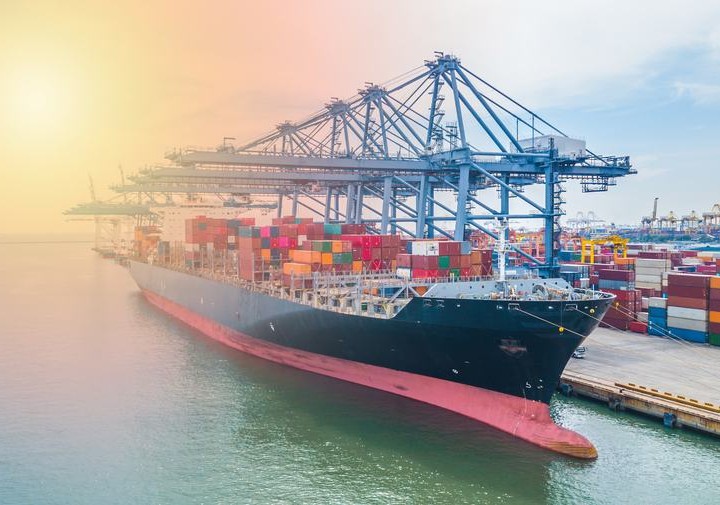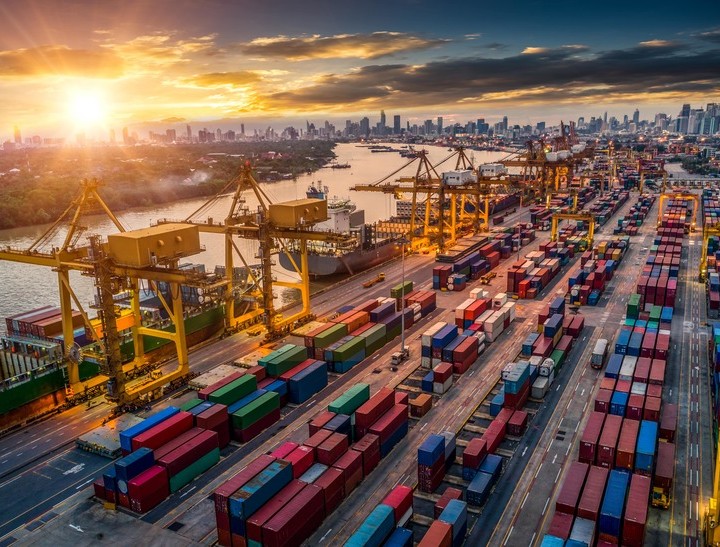There are several factors to consider before selecting a method to ship internationally. Furthermore, choosing the wrong method can affect your logistics. Your shipping method should be suitable for your business, affordable and reliable. The information below is a guide to help you decide between air, sea and land for international shipping.
How fast do you need it?
Time is money in logistics. The delivery duration affects your timelines, client deadlines, customers, and goods production. Air freight parcel delivery is often faster than sea freight and truckload shipping. Furthermore, airlines are available globally, which enhances international shipping.
For instance, the transit time for air freight is often just a few days and as short as a couple of hours for faster air couriers.
If you want fast turnaround times for imports, manufacture, distribution, retail, and any part of your supply chain, choose a reliable global freight forwarder to collect and deliver items to your warehouses and your customers’ doorsteps.
What Are You Shipping?
The weight, size and volume of goods you are shipping affect how you can ship internationally. If you need to move light and small packages, air transport is suitable to ship internationally. Air carriers are also ideal for special and fragile goods.
However, if you are shipping large volumes of goods or moving heavy objects, truckload & LTL shipping, as well as sea shipping are also reliable options. Often, sea and land transport work together.
How much does it cost?
When you can flexibly choose between different methods of transport, costs become a crucial factor. You cannot ship internationally if you cannot afford available transport methods and companies. Therefore, it’s best to choose the method that costs you the least, not only in transport costs but also in other business costs.
Suppose you can ship goods to the customer’s doorstep through the air within three days or through the sea in two weeks. Assume that it’s also cheaper to ship via sea than air, but it takes an incredibly long waiting period. However, if your competition can offer the same goods in two days or lower, you’ll lose customers. In such a case, it’s sustainable to ship by air.
Remember that costs vary depending on the number and weight of the transported goods. Investigate the carrier charges and any extra charges in forwarding your freight internationally. Generally, the following rules apply:
- Airlines charge based on weight, which is found by combining the weight and size of the shipment.
- Sea carriers charge per container but can also use weight.
- Rail and road carriers charge based on distance and size.
When shipping internationally, remember there will always be customs and destination fees. In addition, there may be warehousing fees, repackaging fees, and other costs involved in the shipping process.
Are they reliable?
You need a reliable transport method that is adequately predictable for your needs. Air is your best option if you count down shipments and deliveries to the day and hour. Most airlines and carriers adhere to strict schedules. However, if you can wait weeks for packages without disrupting your supply chain, shipping via sea freight or truckload & LTL shipping may also be suitable options.
Ship Internationally to More than 60 Countries at AMR Group
Ultimately, the best way to ship internationally depends on your business needs. AMR Group Logistics Worldwide helps you ship goods efficiently and quickly internationally. We handle air freight, sea freight, and truckload and LTL shipping. Contact us online or by phone at 702-800-6385 to ship your products to any corner of the globe!









